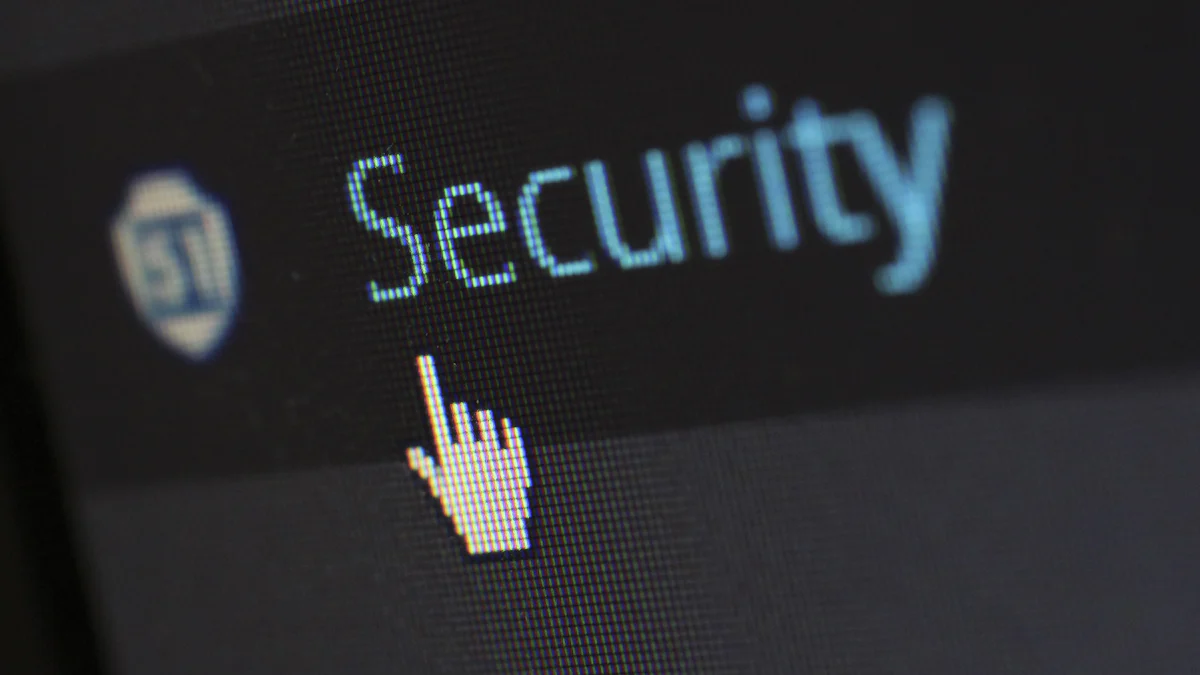Mitigating Blockchain Risk: Smart Contract Security Best Practices
 Mitigating Blockchain Risk: Smart Contract Security Best Practices
Mitigating Blockchain Risk: Smart Contract Security Best Practices
Understanding Blockchain Risk
In the fast-paced realm of digital transactions, mitigating blockchain risk is paramount. As technology continues to advance, so do the potential vulnerabilities associated with blockchain security and cryptocurrency risk. It's essential to stay ahead of these challenges to ensure the integrity and reliability of transactions within the blockchain network.
On-chain Governance Risk
On-chain governance risk encompasses the potential vulnerabilities in the decision-making processes within a blockchain network. This risk arises from the decentralized nature of blockchain technology, where decisions are made through community consensus and validation. However, if not properly managed, on-chain governance risk can lead to centralized control and decision-making, compromising the very essence of decentralization in blockchain technology.
Improper on-chain governance risk can disrupt the balance of power within the network and undermine the principles of transparency and autonomy. It has the potential to create an environment where a select few entities or individuals hold significant influence over decision-making processes, which goes against the fundamental concept of decentralization.
The impact of on-chain governance risk extends beyond individual transactions and can affect the overall trust and reliability of the blockchain network. Therefore, it is imperative to address these vulnerabilities proactively to maintain the integrity and security of blockchain transactions.
Programming Vulnerability
Understanding Programming Vulnerability
Smart contract code risk arises from the susceptibility of the code to exploitation or manipulation. Due to the immutable and self-executing nature of smart contracts, any vulnerability in the code can have far-reaching consequences. This vulnerability can be exploited by malicious actors to compromise the integrity and security of transactions within the blockchain network.
Addressing Programming Vulnerability
Mitigating blockchain programming security risks in smart contracts involves implementing secure coding practices and conducting thorough code audits. By adhering to secure coding standards and best practices, developers can minimize the potential for vulnerabilities in smart contract code. Additionally, rigorous code audits play a vital role in identifying and addressing any existing vulnerabilities, thereby enhancing the overall security of smart contracts within the blockchain network.
Enhancing Smart Contract Security
Best Practices for Smart Contract Security
Implementing secure coding standards is fundamental to enhancing smart contract security. By following established best practices in coding, developers can significantly reduce the risk of vulnerabilities in smart contracts. This includes thorough validation of inputs, proper handling of exceptions, and adherence to standardized naming conventions. Additionally, utilizing well-established libraries and avoiding unnecessary complexity in code can contribute to a more secure smart contract environment.
Conducting rigorous testing is equally crucial in fortifying smart contract security. Comprehensive testing procedures, including unit testing, integration testing, and stress testing, are essential to identify and rectify any potential weaknesses or flaws in the smart contract code. Through meticulous testing, developers can ensure that the smart contracts function as intended and are resilient to exploitation or manipulation.
The Role of Audits in Smart Contract Security
Independent audits play a vital role in identifying and mitigating vulnerabilities in smart contracts. These audits involve thorough reviews of the smart contract code by external experts who specialize in blockchain security. The objective is to uncover any weaknesses or loopholes that could compromise the integrity of the blockchain network. By engaging independent auditors, organizations can gain valuable insights into potential security risks and implement necessary improvements to bolster the overall security of their smart contracts.
By incorporating these best practices and leveraging independent audits, organizations can significantly enhance the security of their smart contracts, thereby mitigating blockchain risk and ensuring the integrity of cryptocurrency transactions within the blockchain network.
Securing Blockchain Technology
In the realm of blockchain technology, securing cryptocurrency transactions and mitigating blockchain risk is paramount. By understanding and implementing smart contract security best practices, organizations can fortify the integrity of the blockchain network. This includes addressing vulnerabilities in on-chain governance risk, programming vulnerability, and overall blockchain security. Embracing these best practices not only enhances the reliability of cryptocurrency transactions but also fosters trust in the decentralized nature of blockchain technology.
